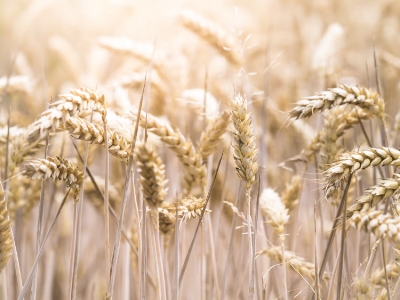Types of Nutrients and Their Sources

A healthy balanced diet consists of the right amount of nutrients that the body needs to function well. The body of a person is a machine and the food is the fuel.
A person needs to consume all the types of nutrients to ensure the best possible health. These nutrients support vital functions including growth, the immune the central nervous system, and preventing disease.
The Essential Types Of Nutrients Are:
1. Minerals
Minerals are the second type of micronutrients. There are two groups of minerals known as major and trace minerals. The body needs a balance of minerals from both groups for optimal health.
Major minerals are:
- Chloride
- Potassium
- Sodium
- Sulfur
- Phosphorus
- Calcium
- Magnesium
Trace minerals are:
- Molybdenum
- Fluoride
- Iodine
- Copper
- Chromium
- Manganese
- Zinc
- Selenium
- Iron

You may get these nutrients on:
- Beans and legumes
- Whole grains
- Egg yolks
- Fortified bread and cereals
- Poultry
- Fruits
- Leafy greens
- Vegetables
- Nuts and seeds
- Milk and other dairy products
- Iodized table salt
- Seafood
- Red meats
2. Vitamins
Vitamins offer a range of health benefits including:
- Aiding brain and nervous system functioning as well as calcium absorption
- Supporting healthy blood
- Helping the body metabolize carbs and proteins
- Maintain healthy skin
- Strengthening bones and teeth
- Helping prevent or delay certain cancers
- Boosting immune system
Typically, an individual who eats a diet rich in fruits, vegetables, and lean proteins can get all the vitamins needed in their food. On the other hand, those who eat fewer vegetables and fruits, and those with digestive conditions may need to take a vitamin supplement to lessen or avoid a deficiency.
3. Fats
People often link high-fat foods with bad health. Conversely, a person needs certain fats to help maintain optimal health. Fats give the body energy and help it carry out a range of functions. You can find healthful fats in several foods including:
- Seeds
- Vegetable oils
- Nuts
- Fish such as tuna and salmon
4. Protein
Protein is a micronutrient that each cell in the body needs to function well. It helps with the growth and development of bones, hair, muscles, and skin. It also serves as a fuel source for cells and tissues when needed.
The following foods are good sources of protein:
- Nuts
- Soy
- Dairy products
- Eggs
- Beans and legumes
- Fish and other seafood
- Poultry
- Red meats
- Some grains including quinoa
5. Carbohydrates
Carbohydrates are needed for the body. These are sugars and starches that give energy to all the cells and tissues in the body. Carbohydrates support the following:
- Digestive function
- Energy to perform the task
- The nervous system and immune system
- Brain function
The following foods have carbohydrates:
- Barely
- Fruits
- Oatmeal
- Whole grain pasta and bread
- Vegetables
- Brown rice
- Quinoa
6. Water
Water is the most important nutrient needed. The human body is made up of mostly water. Each cell needs water to function. Water helps with several functions:
- Hydration
- Preventing constipation
- Transporting nutrients
- Shock absorption
- Flushing toxins out
The best source for water is to drink natural, unsweetened water from tap or bottled sources. Also, you can get extra water by consuming fruits that have a large amount of water.



